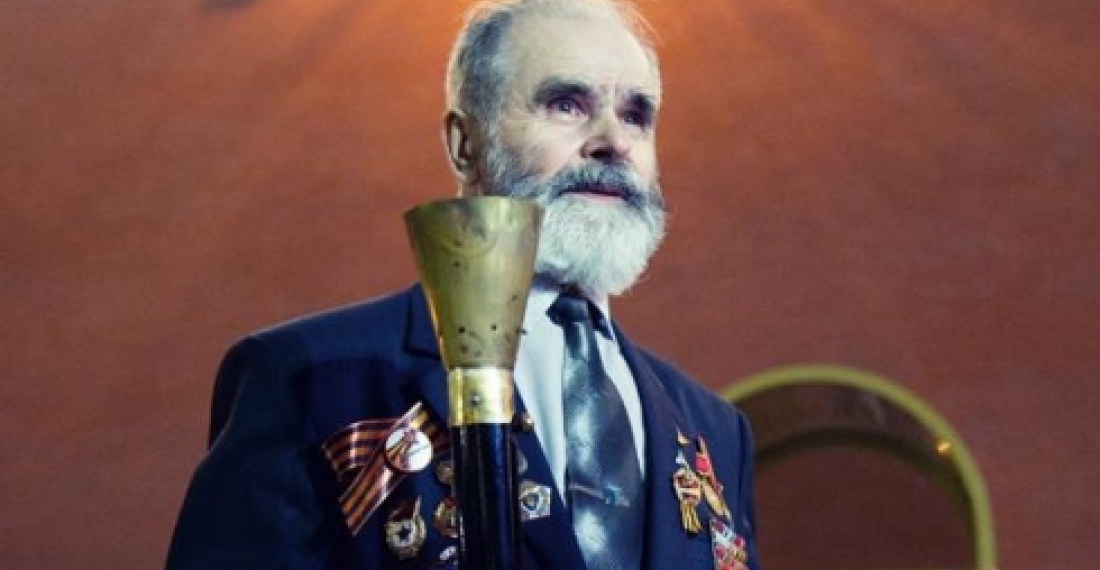9 May is marked in Russia and other parts of the former Soviet space as Victory Day, the day in 1945 when World War II ended. This year’s celebrations in Moscow as usual attracted millions of people. Twenty thousand military personnel representing all the branches of the Russian Military Forces passed by in front of President Medvedev and Prime Minister Putin.
The Second World War was a cataclysmical moment in the history of mankind, and not least Russia and those other nations that at the time were with it in the USSR. Twenty million Soviets died in the war, aptly named “the Great Patriotic War”. They were not all Russians, indeed many were from Central Asia and Ukraine, and many also from Armenia, Azerbaijan and Georgia.
The memories of the war and the 9 May victory are therefore commemorated throughout the post Soviet space. In Armenia and Azerbaijan yesterday formal ceremonies took place with the participation of state leaders, and even in Georgia, despite its current awkward relationship with Russia, president Saakashvili found time to lay a wreath on the tomb of a Georgian war hero. 9 May is also a good occasion to honour the veterans of that conflict, and although there are few of them left, their contribution to the defeat of fascism should not be forgotten.
Victory Day however should also be an occasion to focus on the horrors of war. It offers an opportunity for the Russians and Georgians, Armenians and Azerbaijanis and other nations to not only to remember shared history but also to learn lessons from history.
(photo: War veteran preparing to light the eternal flame on Moscow's Red Square; Photo courtesy of Russia Today)
10 May 2011. Compiled by the commonspace.eu editorial team






